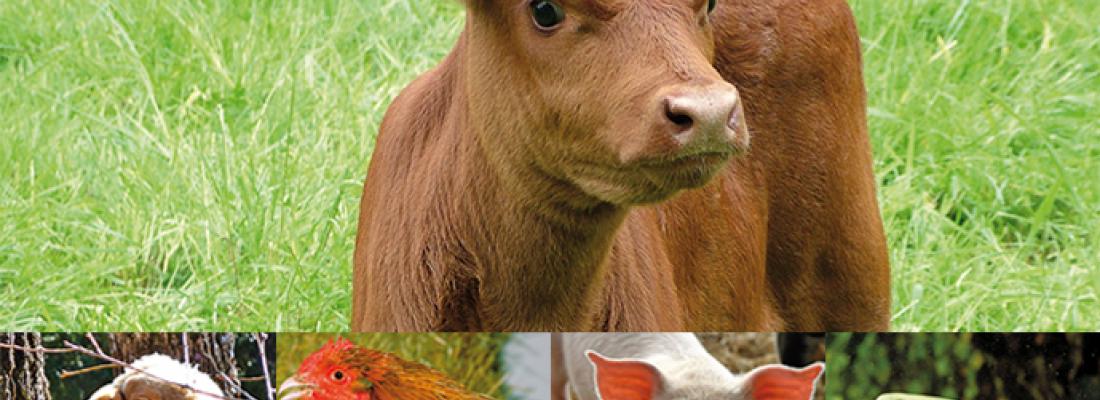Agroecology Reading time 2 min
Animal pain: identifying, understanding and minimising pain in farm animals
Published on 12 January 2009

The scientific expert report on pain in farm animals is part of a plan of action which resulted from the series of meetings entitled Rencontres "Animal et Société", held in 2008 to identify key issues in all aspects of the relationship between humans and animals and which brought together professionals, scientists, elected representatives, public authorities and relevant associations. During these meetings, the participants agreed that the concept of pain in animals needed to be defined as it is central to the debate. The report aimed at defining pain with regard to related concepts, such as suffering or stress, identifying tools for measuring pain as well as solutions for reducing it. Ethical and socio-economic issues relating to animal pain were also placed in perspective. The assessment is based on a body of 1,400 scientific articles and international reports.
The work conducted made it possible to clarify the concepts and methods of analysis used to detect and measure pain in farm animals. The study of human pain can help to clarify and examine the specificity of animal pain. The assessment identified painful situations. Painful practices can be inflicted on animals due to constraints of certain farming systems or due to demands related to the organoleptic quality of products or the safety of workers (castration, for example). Pain at the time of slaughter was also analysed. The assessment outlines alternatives for eliminating or reducing pain that are already in use or currently being developed in production systems of several countries. These correspond to a three-pronged “suppress, substitute, soothe” or 3S approach.
